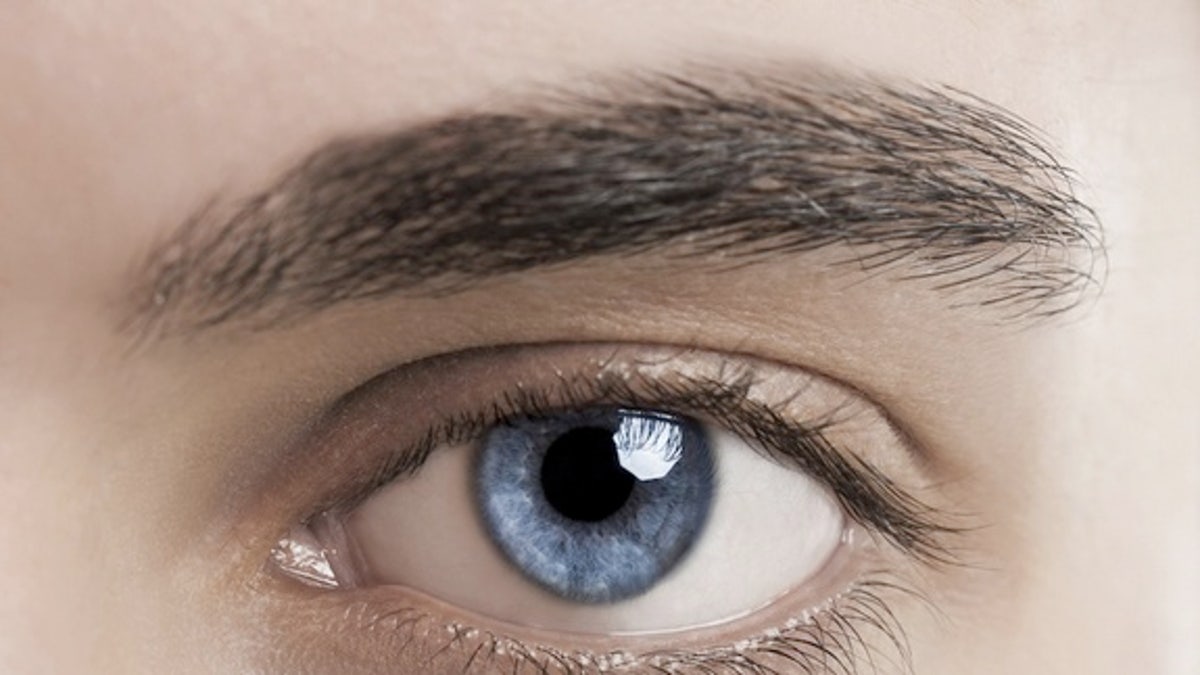
(IKO, Shutterstock)
Guys' eyes are more sensitive to small details and moving objects, while women are more perceptive to color changes, according to a new vision study that suggests men and women actually do see things differently.
"As with other senses, such as hearing and the olfactory system, there are marked sex differences in vision between men and women," researcher Israel Abramov, of the City University of New York (CUNY), said in a statement. Research has shown women have more sensitive ears and sniffers than men.
"[A] recent, large review of the literature concluded that, in most cases females had better sensitivity, and discriminated and categorized odors better than males," Abramov and colleagues write Tuesday in the journal Biology of Sex Differences.
Abramov and his team from CUNY's Brooklyn and Hunter Colleges compared the vision of males and females over age 16 who had normal color vision and 20/20 sight — or at least 20/20 vision with glasses or contacts.
In one part of the study, the researchers asked the volunteers to describe different colors shown to them. They found that the guys required a slightly longer wavelength of a color to experience the same shade as women and the men were less able to tell the difference between hues. [Your Color Red Really Could Be My Blue]
The researchers also showed the participants images made up of light and dark bars that varied in width and alternated in color so that they appeared to flicker, a measure of participants' sensitivity to contrast. Compared with the women, the male volunteers were better able to identify the more rapidly changing images made up of thinner bars, the researchers said.
Abramov explained in a statement these elements of vision are linked to specific sets of thalamic neurons in the brain's primary visual cortex. The development of these neurons is controlled by male sex hormones called androgens when the embryo is developing into a fetus.
"We suggest that, since these neurons are guided by the cortex during embryogenesis, that testosterone plays a major role, somehow leading to different connectivity between males and females," Abramov said. "The evolutionary driving force between these differences is less clear."
Previous research found that men and women also focus differently. In experiments at the University of Southern California, researchers found that men are likely to fixate on the mouth of a person in conversation and also are more likely to be distracted by movement behind that person.
Meanwhile, women tend to shift their gaze between a speaker's eyes and body, and they are more likely to be distracted by other people, the researchers found.
Copyright 2012 LiveScience, a TechMediaNetwork company. All rights reserved. This material may not be published, broadcast, rewritten or redistributed.
